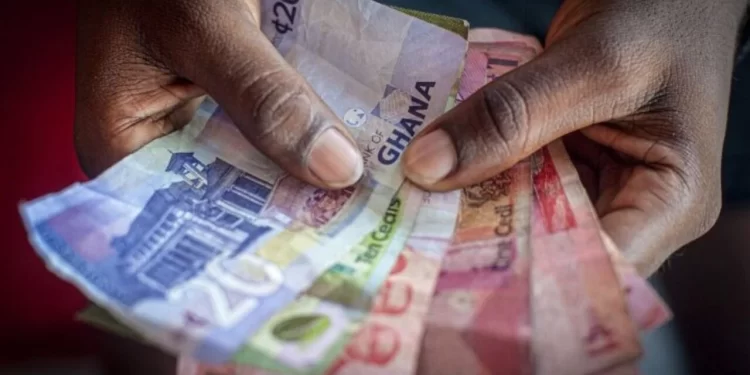The Ghanaian government says it is taking steps to protect investors’ earnings as it seeks a deal with the International Monetary Fund (IMF).
President Akufo-Addo expressed his optimism. In a speech broadcast on Sunday in Accra, Ghana’s capital.
According to Ghanaian President Nana Akufo-Addo, negotiations for a $3 billion bailout with the International Monetary Fund resulted in losses for bond investors being ruled out.
What Akufo-Addo is saying
The president criticised speculation in Ghana that claimed investors would receive a “haircut,” which he claimed had led to new cedi selling.
“I also want to assure all Ghanaians that no individual or institutional investor, including pension funds, in Government treasury bills or instruments will lose their money as a result of our ongoing IMF negotiations,” he said on Sunday. he said. “There will be no haircuts.”
He added, “So I urge all of you to ignore the false rumours, just as, in the banking sector clean-up, the Government ensured that the 4.6 million depositors affected by the exercise did not lose their deposits.”
What you should know
To continue the discussions that started in July for a three-year loan program, a follow-up IMF mission is anticipated in Ghana in the coming weeks. The authorities must take corrective action, including restructuring its liabilities, to qualify for assistance.
According to a statement released on Monday, the Finance Ministry stated that the government and the IMF are both committed to reaching an agreement on a framework and policies for an IMF-backed program “as soon as practicable.”
The total public debt will be reduced to 55% of GDP by 2028, according to Akufo-Addo, and the cost of servicing the external debt will be limited to no more than 18% of annual revenue by the same year.
The cedi has depreciated by 56% against the dollar this year, making it the worst-performing currency in the world. This depreciation results from foreign investors leaving the country due to worries about the sustainability of the nation’s debt. As a result, inflation has picked up speed. Prior to the statistics office changing how it measures price growth, inflation rose for 15 straight months.
To control price growth, strengthen the currency, and entice investors back, the central bank raised its benchmark lending rate this year by 10 percentage points to 24.5%. For traders, this has resulted in higher borrowing costs.











